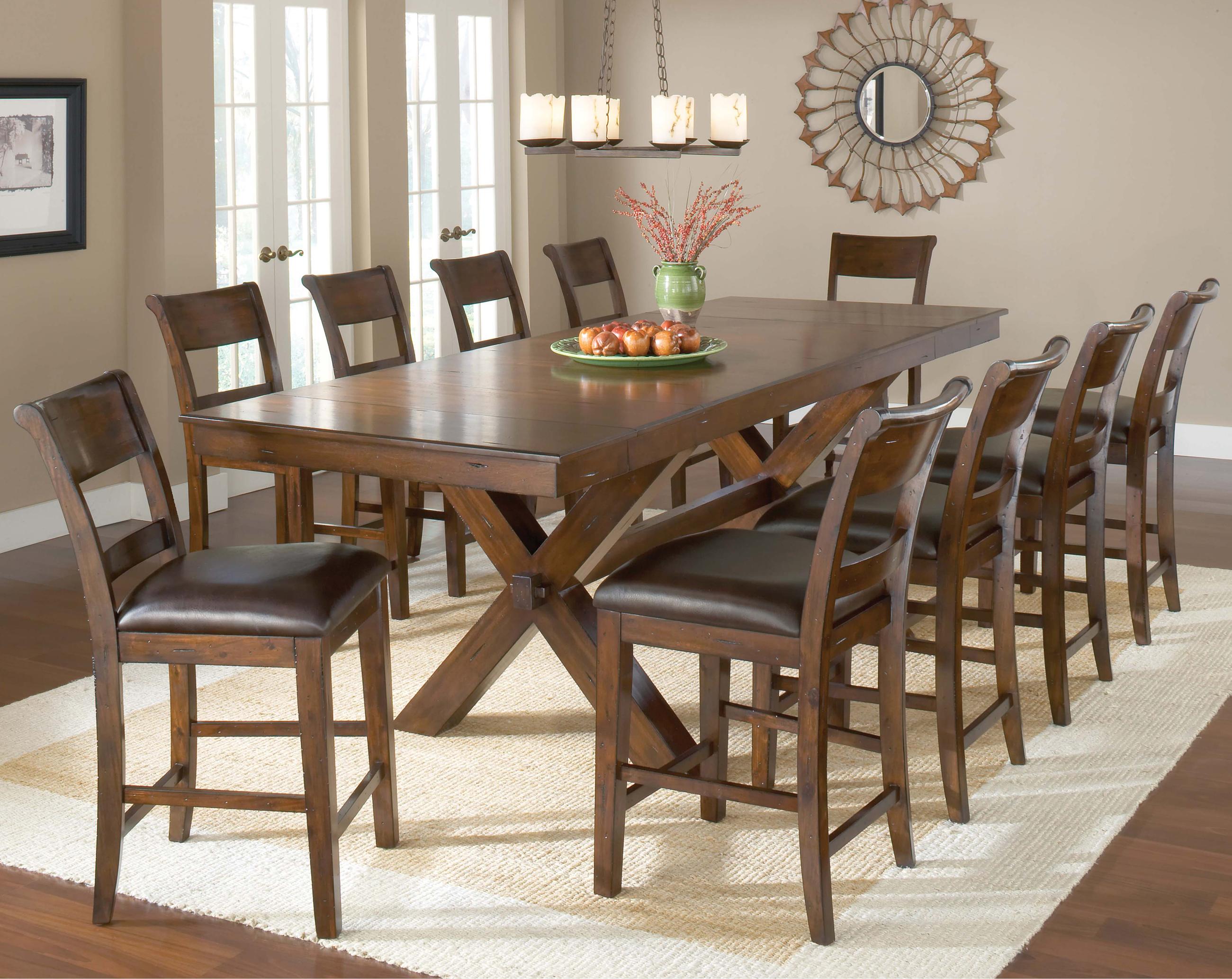Granite kitchen wall slabs are a popular choice for homeowners looking to add a touch of elegance and durability to their kitchen. This natural stone is known for its strength and durability, making it a perfect material for kitchen walls. The unique patterns and colors of granite add a beautiful and luxurious touch to any kitchen. One of the main benefits of using granite for your kitchen wall slab is its durability. It is heat-resistant and can withstand high temperatures, making it perfect for a kitchen environment. It is also scratch-resistant, which is ideal for a space that sees a lot of traffic and use. Granite is also easy to clean and maintain, making it a practical choice for busy kitchens. In terms of aesthetics, granite kitchen wall slabs come in a wide range of colors and patterns. This allows you to choose a slab that complements your kitchen design and adds a unique touch to the space. Granite also has a natural shine and luster that adds a luxurious and elegant feel to the kitchen. When it comes to cost, granite can be more expensive than other kitchen wall slab materials. However, its durability and timeless beauty make it a worthwhile investment that can increase the value of your home.Granite Kitchen Wall Slab
Marble is another popular choice for kitchen wall slabs, known for its luxurious and timeless appeal. This natural stone is formed from limestone and is prized for its unique veining patterns and color variations. Marble has been used in architecture and design for centuries, and it continues to be a sought-after material for kitchen walls. One of the main advantages of using marble for your kitchen wall slab is its aesthetic appeal. Its elegant and luxurious look can instantly elevate the style of any kitchen. Marble also comes in a variety of colors and patterns, allowing you to choose a slab that suits your personal taste and complements your kitchen design. Aside from its beauty, marble is also a durable and heat-resistant material. It is also naturally cool to the touch, making it ideal for hot kitchen environments. However, marble is softer and more porous than other stone materials, making it more susceptible to scratches and stains. It also requires regular maintenance to keep its shine and prevent damage. Marble kitchen wall slabs can be a more expensive option, but its timeless beauty and durability make it a worthwhile investment for any kitchen.Marble Kitchen Wall Slab
Quartz is a man-made material that has gained popularity in recent years for its durability and low maintenance. It is made from natural quartz crystals and resin, resulting in a material that is non-porous, heat-resistant, and scratch-resistant. This makes it a practical and stylish choice for kitchen wall slabs. One of the main benefits of using quartz for your kitchen wall slab is its durability. It is a non-porous material, meaning it is resistant to stains and bacteria, making it hygienic and easy to clean. It is also heat-resistant, which is ideal for a kitchen environment. Quartz also comes in a wide range of colors and patterns, allowing you to choose a slab that suits your kitchen design. Another advantage of quartz is its low maintenance. Unlike natural stone materials, it does not require sealing or special cleaning products. It is also a more affordable option than natural stone, making it a popular choice for homeowners on a budget. Overall, quartz kitchen wall slabs are a practical, durable, and stylish choice for any kitchen.Quartz Kitchen Wall Slab
Soapstone is a natural stone that has been used in kitchen design for centuries. It is a soft and non-porous material that is known for its smooth and matte finish. Soapstone is becoming a popular choice for kitchen wall slabs due to its unique look and practicality. One of the main benefits of using soapstone for your kitchen wall slab is its heat resistance. It is also resistant to stains and bacteria, making it a hygienic choice for kitchens. Soapstone also has a natural, subtle beauty that adds a touch of elegance to any kitchen. However, soapstone is a softer material and can be prone to scratches and dents. It also requires regular maintenance, including oiling and sanding, to keep its luster and prevent damage. Soapstone kitchen wall slabs can also be more expensive than other materials. Overall, soapstone is a unique and beautiful choice for kitchen wall slabs, but it may not be the most practical or budget-friendly option.Soapstone Kitchen Wall Slab
Travertine is a natural stone that is formed from limestone and is known for its distinctive and rustic appearance. It is a durable and versatile material that can add a touch of warmth and character to any kitchen. Travertine is available in a range of colors, from light creams to deep browns, making it a versatile choice for kitchen wall slabs. One of the main benefits of using travertine for your kitchen wall slab is its durability. It is heat-resistant and can withstand high temperatures, making it ideal for a kitchen environment. It is also resistant to scratches and stains, making it easy to maintain. Travertine also has a unique and natural beauty, with variations in color and texture that add character to any kitchen. It is also a more affordable option than other natural stone materials, making it a popular choice for homeowners on a budget. However, travertine can be prone to water damage and requires regular sealing to prevent stains and preserve its appearance. It is also a softer material, making it more susceptible to scratches and dents.Travertine Kitchen Wall Slab
Slate is a natural stone that is known for its durability and unique texture. It is formed from volcanic ash and comes in a range of colors, from dark greys to warm browns. Slate is a practical and stylish choice for kitchen wall slabs. The main benefit of using slate for your kitchen wall slab is its durability. It is heat-resistant and can withstand high temperatures, making it perfect for a kitchen environment. It is also resistant to scratches and stains, making it easy to maintain. Slate also has a unique texture that adds a touch of character to any kitchen. It is also a more affordable option than other natural stone materials, making it a popular choice for homeowners on a budget. However, slate can be prone to water damage and requires regular sealing to prevent stains and preserve its appearance. It is also a harder material, making it more difficult to cut and install.Slate Kitchen Wall Slab
Limestone is a natural stone that is known for its elegance and versatility. It comes in a range of colors and patterns, from soft creams to warm browns, making it a popular choice for kitchen wall slabs. Limestone is a durable and practical material that can add a touch of sophistication to any kitchen. One of the main benefits of using limestone for your kitchen wall slab is its durability. It is heat-resistant and can withstand high temperatures, making it perfect for a kitchen environment. It is also resistant to scratches and stains, making it easy to maintain. Limestone also has a natural and elegant appearance that can enhance the style of any kitchen. It is also a more affordable option than other natural stone materials, making it a popular choice for homeowners on a budget. However, limestone is a softer material and can be prone to scratches and dents. It also requires regular sealing to prevent stains and maintain its appearance.Limestone Kitchen Wall Slab
Porcelain is a man-made material that is gaining popularity as a kitchen wall slab due to its durability and low maintenance. It is made from a mixture of clay, feldspar, and quartz, resulting in a material that is non-porous, heat-resistant, and scratch-resistant. Porcelain is available in a range of colors and patterns, making it a versatile choice for kitchen design. One of the main benefits of using porcelain for your kitchen wall slab is its durability. It is a non-porous material, meaning it is resistant to stains and bacteria, making it hygienic and easy to clean. It is also heat-resistant, which is ideal for a kitchen environment. Porcelain also has a sleek and modern appearance that can add a touch of sophistication to any kitchen. It is also a more affordable option than natural stone materials, making it a popular choice for homeowners on a budget. However, porcelain can be prone to chipping and cracking if not installed properly. It is also a harder material, making it more difficult to cut and install.Porcelain Kitchen Wall Slab
Ceramic is another popular man-made material that is used for kitchen wall slabs. It is made from a mixture of clay and other natural materials, resulting in a durable and low-maintenance material. Ceramic is available in a range of colors and patterns, making it a versatile choice for kitchen design. One of the main benefits of using ceramic for your kitchen wall slab is its durability. It is a non-porous material, meaning it is resistant to stains and bacteria, making it hygienic and easy to clean. It is also heat-resistant, which is ideal for a kitchen environment. Ceramic also has a sleek and modern appearance that can add a touch of sophistication to any kitchen. It is also a more affordable option than natural stone materials, making it a popular choice for homeowners on a budget. However, ceramic can be prone to chipping and cracking if not installed properly. It is also a harder material, making it more difficult to cut and install.Ceramic Kitchen Wall Slab
Concrete is a versatile and durable material that is becoming a popular choice for kitchen wall slabs. It is made from a mixture of cement, water, and other materials, resulting in a strong and sturdy material. Concrete is available in a range of colors and finishes, making it a versatile choice for kitchen design. One of the main benefits of using concrete for your kitchen wall slab is its durability. It is heat-resistant and can withstand high temperatures, making it perfect for a kitchen environment. It is also resistant to scratches and stains, making it easy to maintain. Concrete also has a modern and industrial look that can add a unique touch to any kitchen. It is also a more affordable option than natural stone materials, making it a popular choice for homeowners on a budget. However, concrete can be prone to cracking and staining if not sealed properly. It is also a harder material, making it more difficult to cut and install.Concrete Kitchen Wall Slab
The Importance of Choosing the Right Kitchen Wall Slab for Your House Design

The Foundation of Your Kitchen
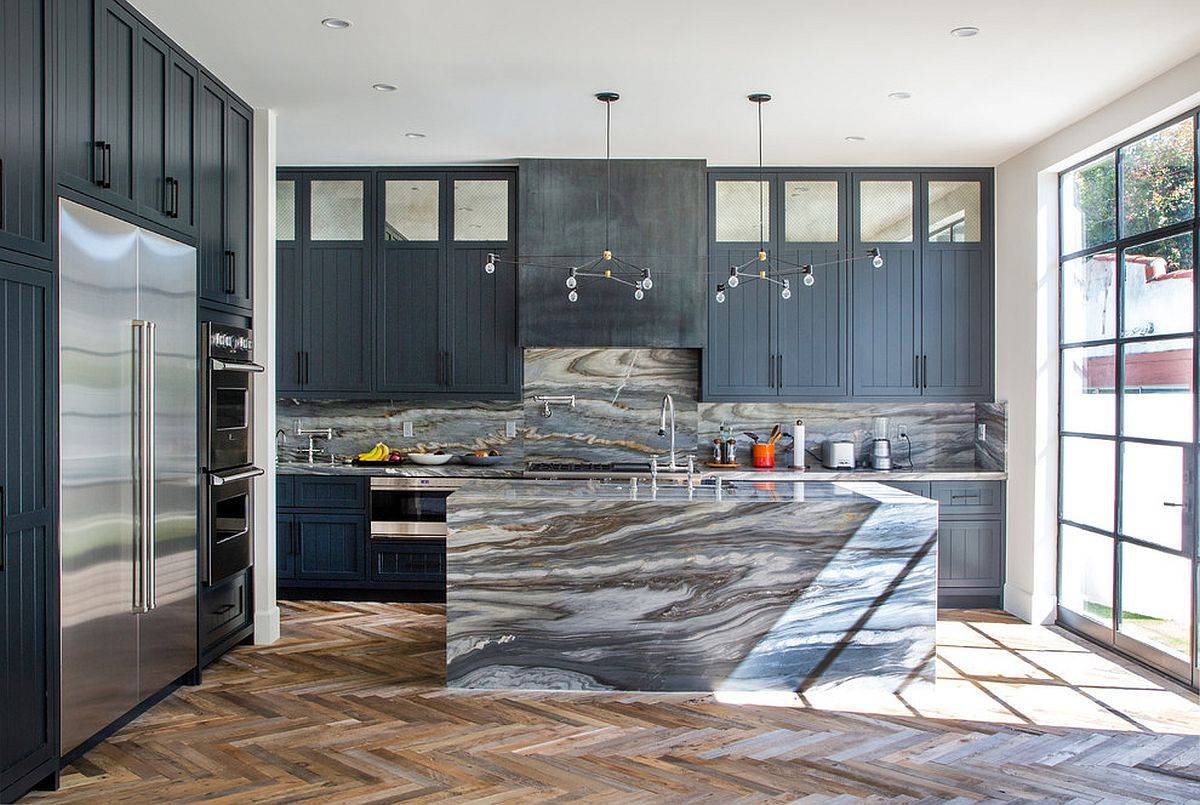 The kitchen is often considered the heart of the home, and for good reason. It's where meals are cooked, memories are made, and families gather to share in each other's company. With such an important role, it's crucial to make sure your kitchen is designed with both functionality and aesthetic in mind. And one of the most important elements of a well-designed kitchen is the
kitchen wall slab
.
The kitchen is often considered the heart of the home, and for good reason. It's where meals are cooked, memories are made, and families gather to share in each other's company. With such an important role, it's crucial to make sure your kitchen is designed with both functionality and aesthetic in mind. And one of the most important elements of a well-designed kitchen is the
kitchen wall slab
.
What is a Kitchen Wall Slab?
 A kitchen wall slab, also known as a backsplash, is the material that covers the area between your countertops and cabinets. It serves as a protective barrier against moisture, spills, and splatters while also adding a decorative touch to your kitchen. There are various materials that can be used for a kitchen wall slab, each with its own unique features and benefits.
A kitchen wall slab, also known as a backsplash, is the material that covers the area between your countertops and cabinets. It serves as a protective barrier against moisture, spills, and splatters while also adding a decorative touch to your kitchen. There are various materials that can be used for a kitchen wall slab, each with its own unique features and benefits.
The Role of Kitchen Wall Slab in House Design
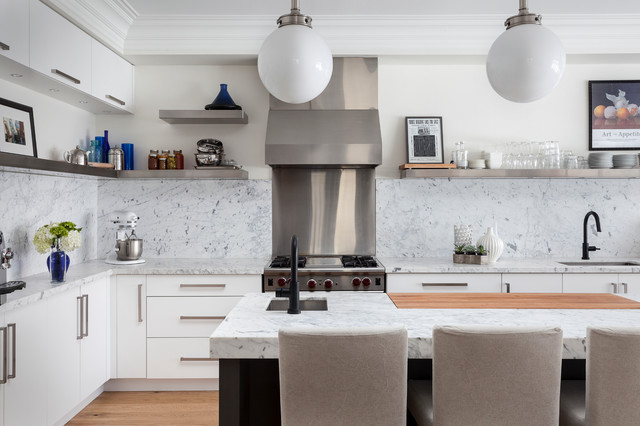 Aside from its practical purpose, the kitchen wall slab also plays a significant role in the overall design of your house. It can tie together the different elements in your kitchen, such as the cabinets, countertops, and flooring, creating a cohesive and visually appealing space. Additionally, the right kitchen wall slab can add texture, color, and personality to your kitchen, making it a focal point and enhancing the overall aesthetic of your home.
Aside from its practical purpose, the kitchen wall slab also plays a significant role in the overall design of your house. It can tie together the different elements in your kitchen, such as the cabinets, countertops, and flooring, creating a cohesive and visually appealing space. Additionally, the right kitchen wall slab can add texture, color, and personality to your kitchen, making it a focal point and enhancing the overall aesthetic of your home.
Choosing the Right Kitchen Wall Slab
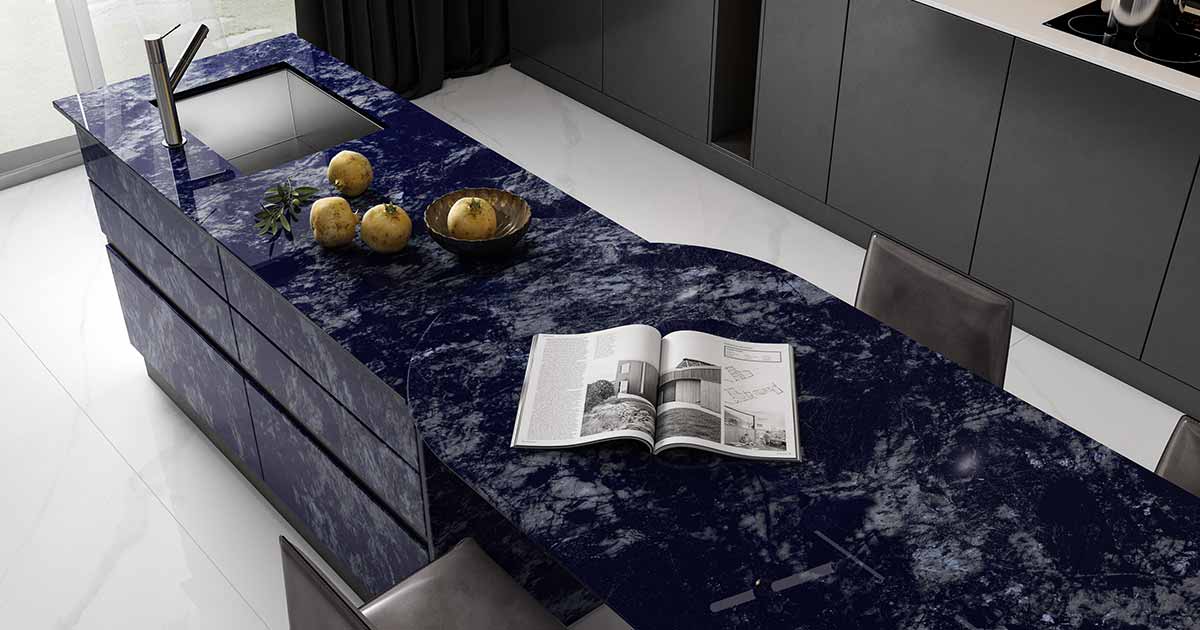 When it comes to selecting the perfect kitchen wall slab for your house design, there are several factors to consider.
Material
is one of the most important considerations, as each one has its own unique characteristics. Popular options include ceramic and porcelain tiles, natural stone, and glass.
Color
is another crucial factor, as it can greatly impact the look and feel of your kitchen. It's essential to choose a color that complements the rest of your kitchen's design and creates a harmonious balance.
Style
is also important, as the kitchen wall slab should reflect your personal taste and the overall style of your home.
When it comes to selecting the perfect kitchen wall slab for your house design, there are several factors to consider.
Material
is one of the most important considerations, as each one has its own unique characteristics. Popular options include ceramic and porcelain tiles, natural stone, and glass.
Color
is another crucial factor, as it can greatly impact the look and feel of your kitchen. It's essential to choose a color that complements the rest of your kitchen's design and creates a harmonious balance.
Style
is also important, as the kitchen wall slab should reflect your personal taste and the overall style of your home.
The Final Touch to Your Kitchen Design
 In conclusion, the kitchen wall slab is not just a practical element in your kitchen, but it also plays a significant role in the overall house design. It adds both functionality and aesthetic value to your kitchen, making it a crucial element to consider when designing your dream kitchen. With the right kitchen wall slab, you can create a space that is not only beautiful but also functional, making it the heart of your home for years to come.
In conclusion, the kitchen wall slab is not just a practical element in your kitchen, but it also plays a significant role in the overall house design. It adds both functionality and aesthetic value to your kitchen, making it a crucial element to consider when designing your dream kitchen. With the right kitchen wall slab, you can create a space that is not only beautiful but also functional, making it the heart of your home for years to come.

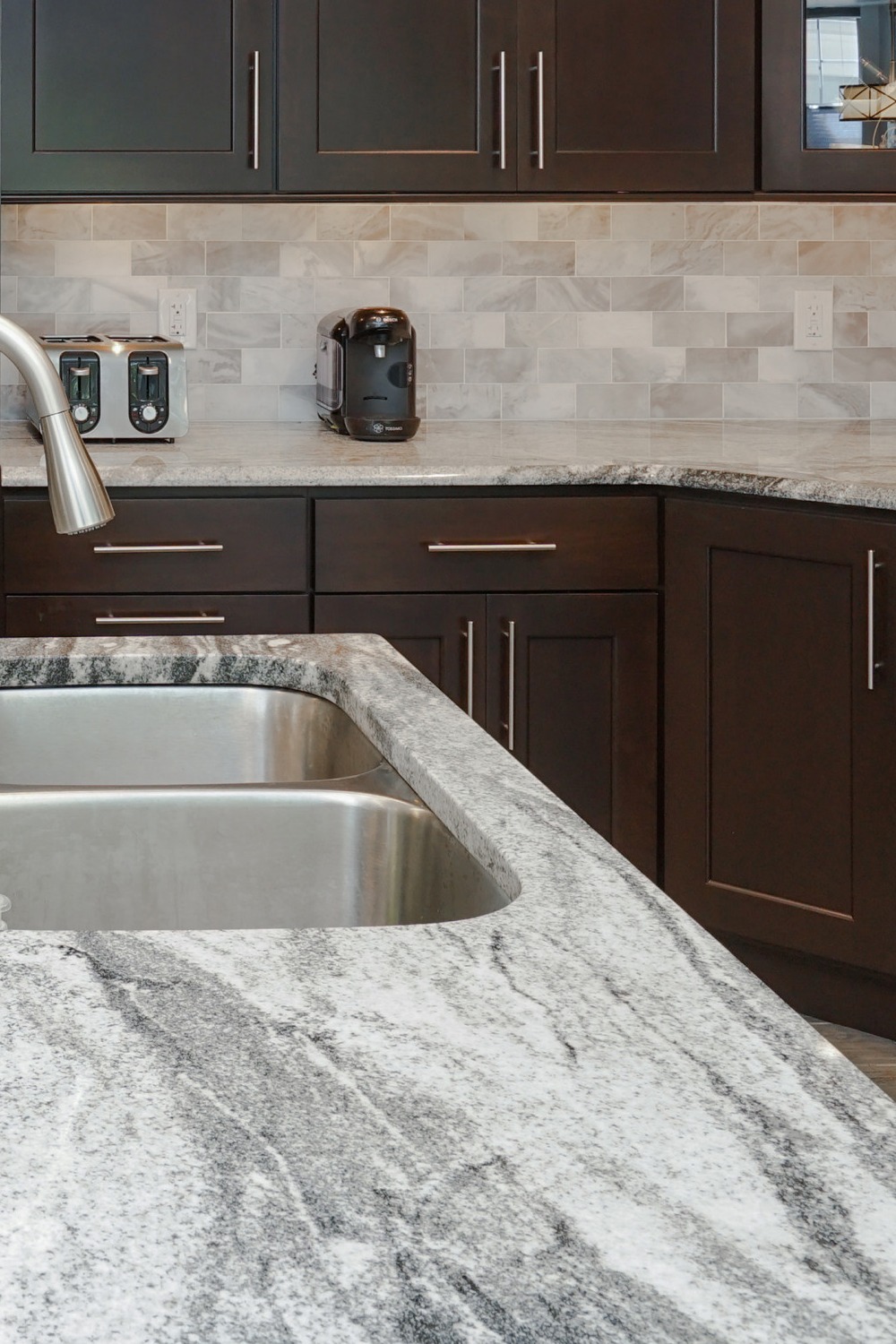
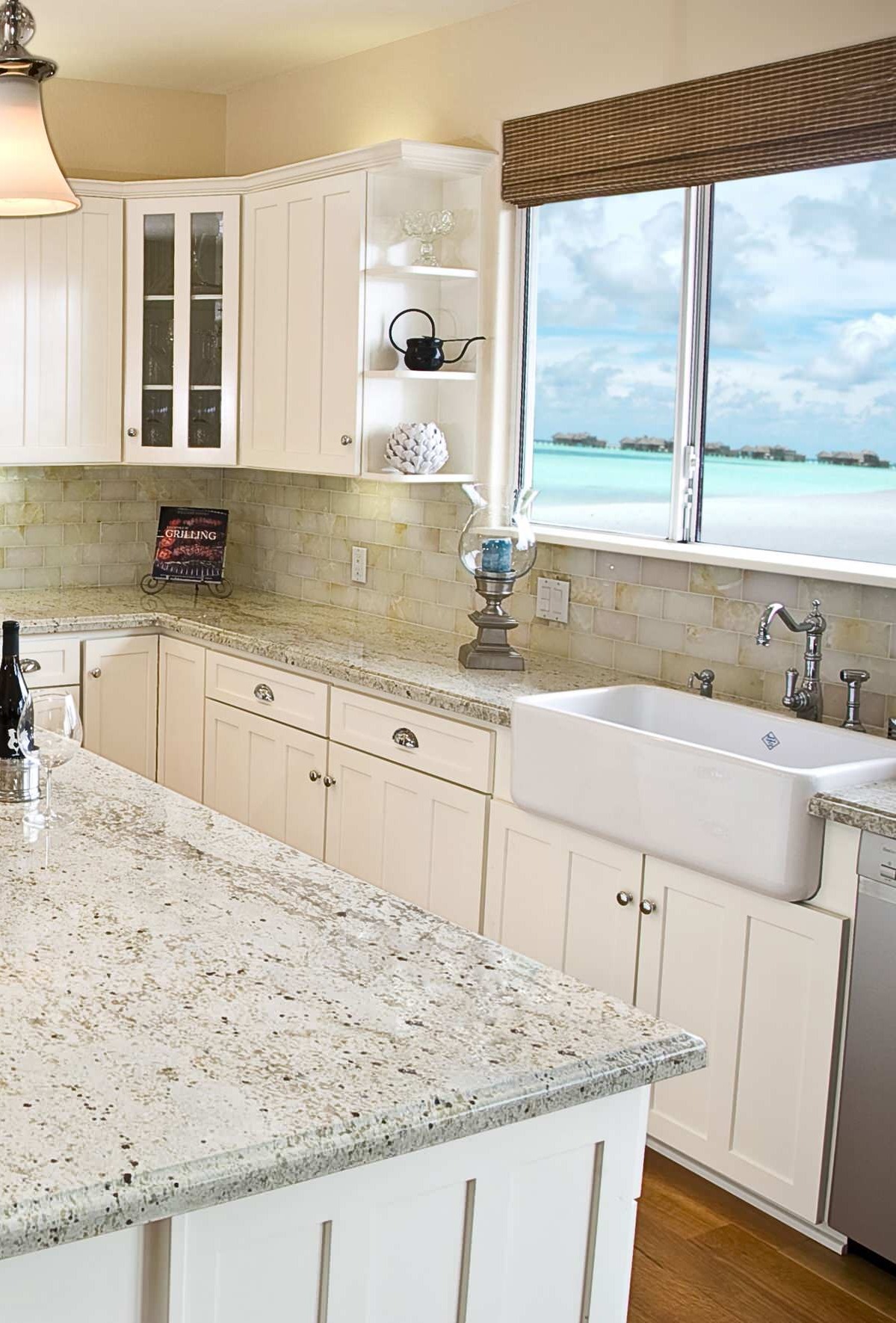



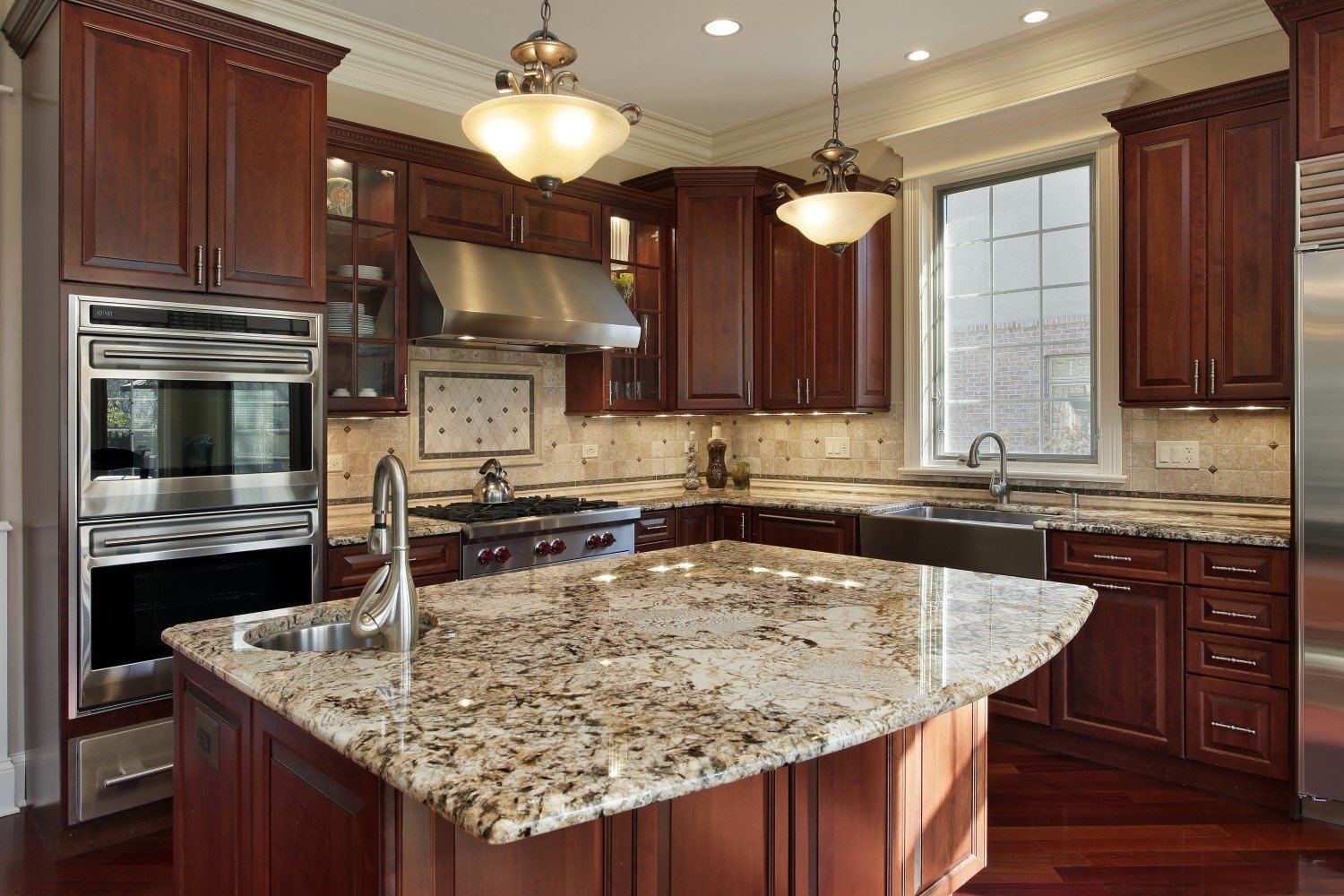
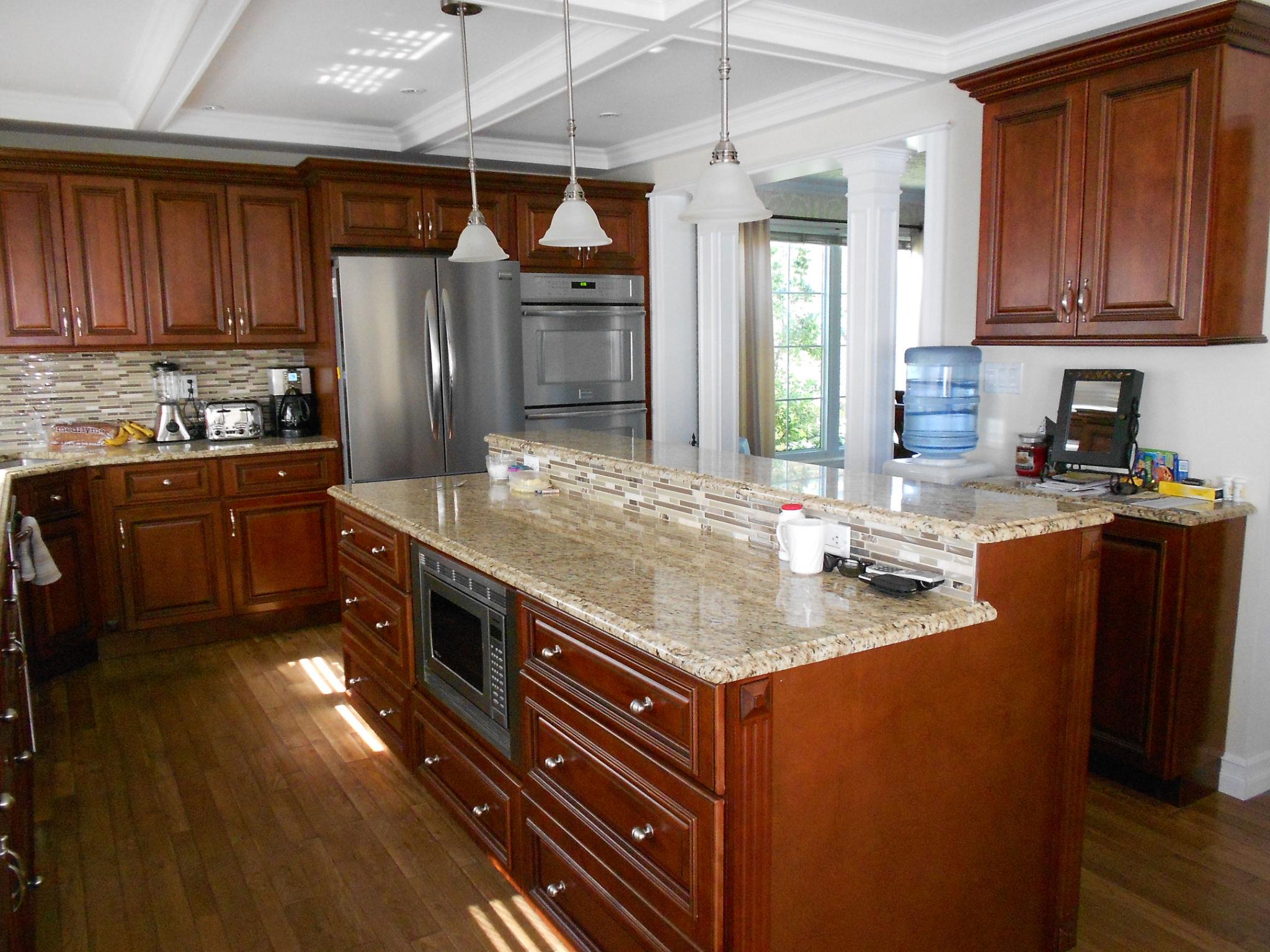
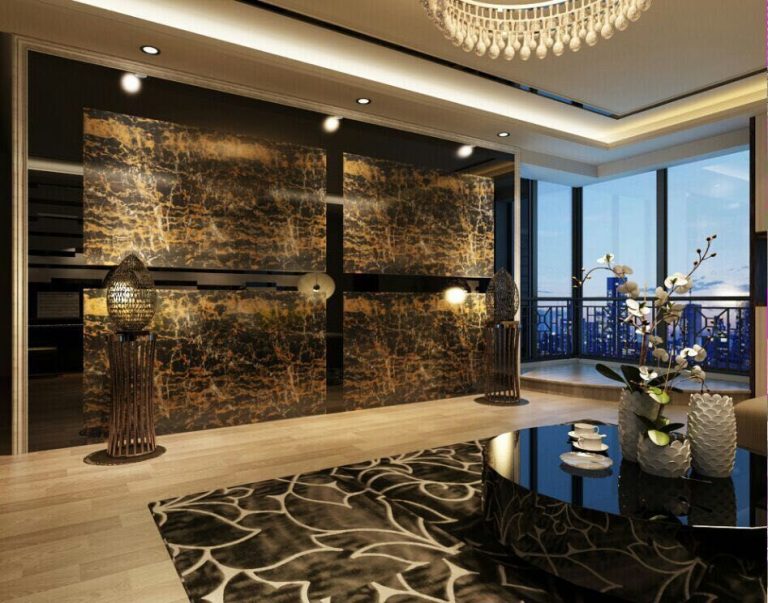
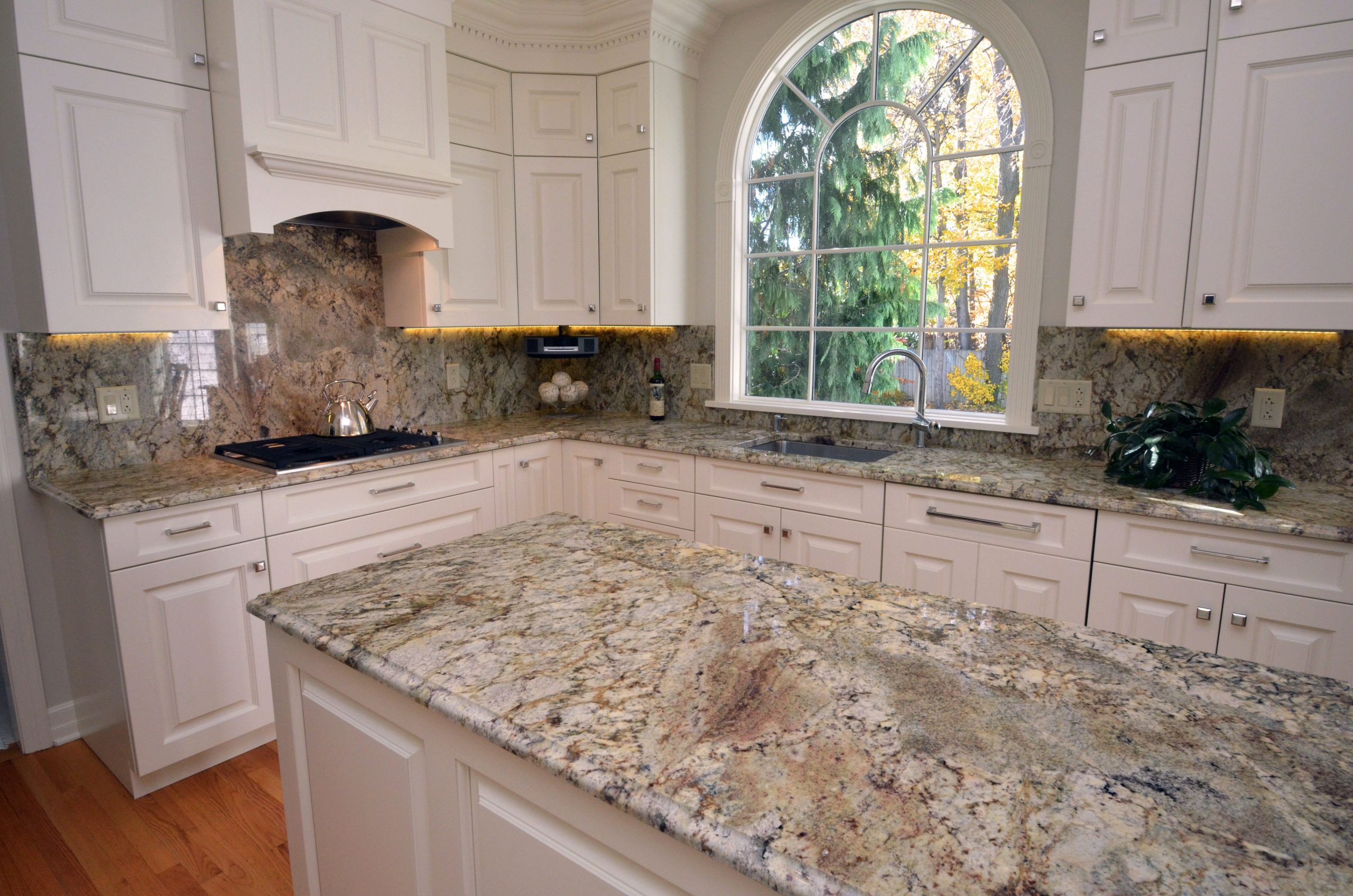












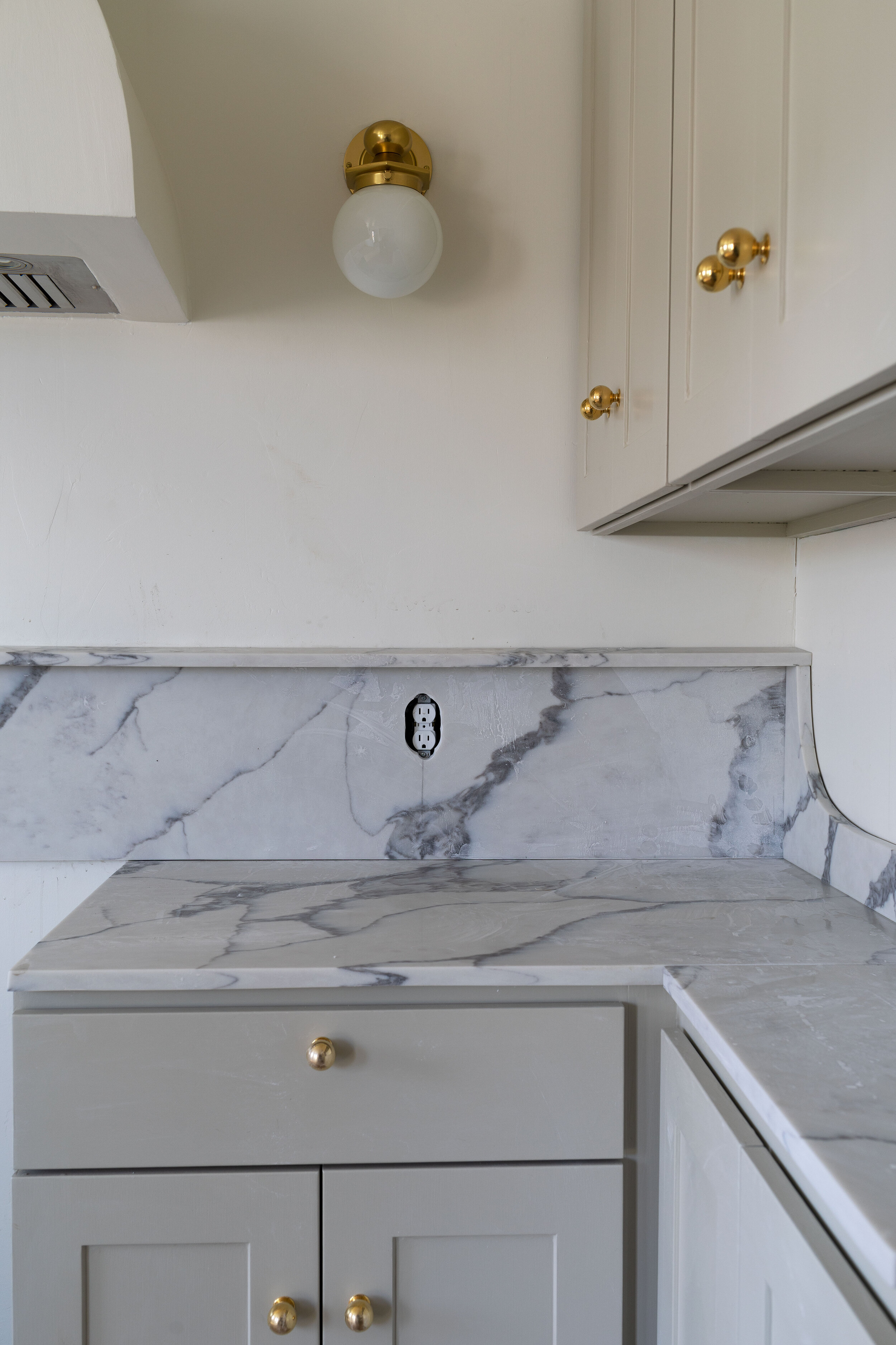












/Soapstonecountertop-GettyImages-1161361294-275a383d72e7417f88ea11887e729b7b.jpg)

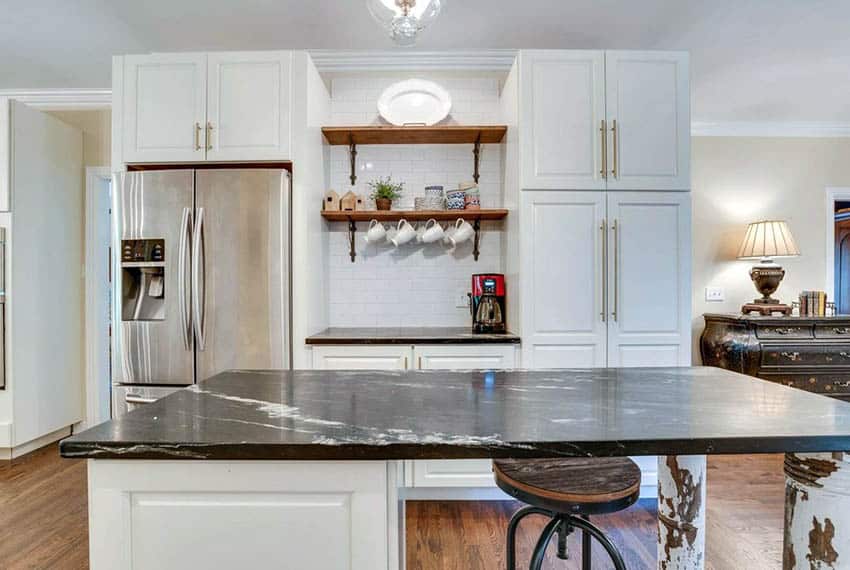





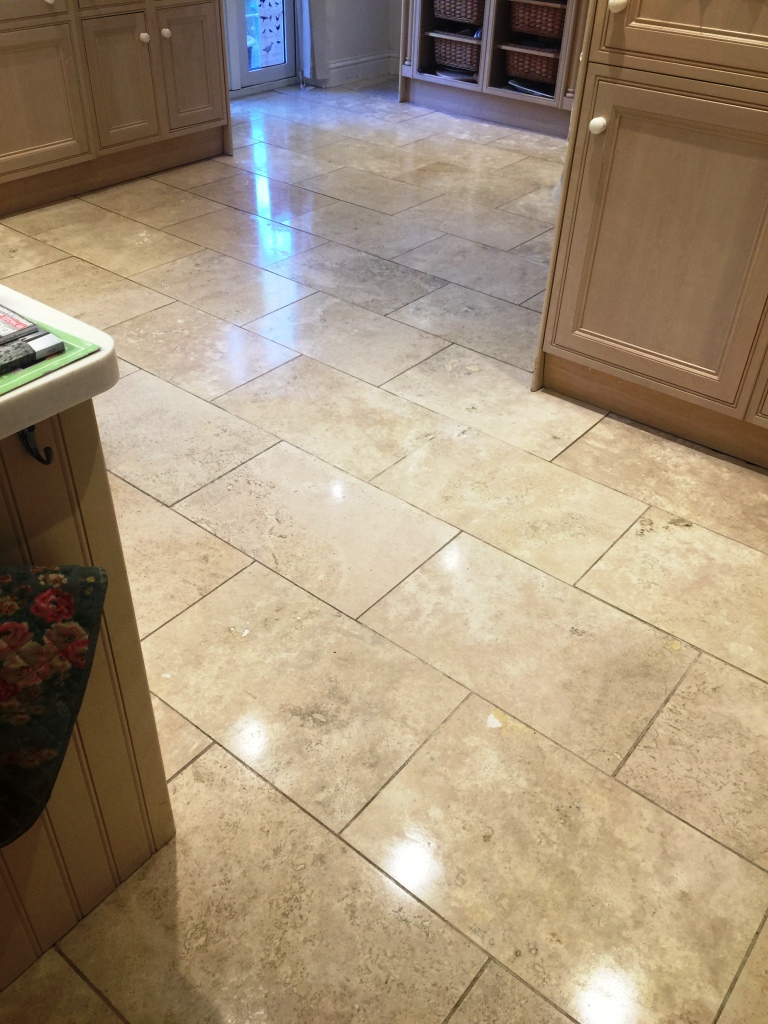







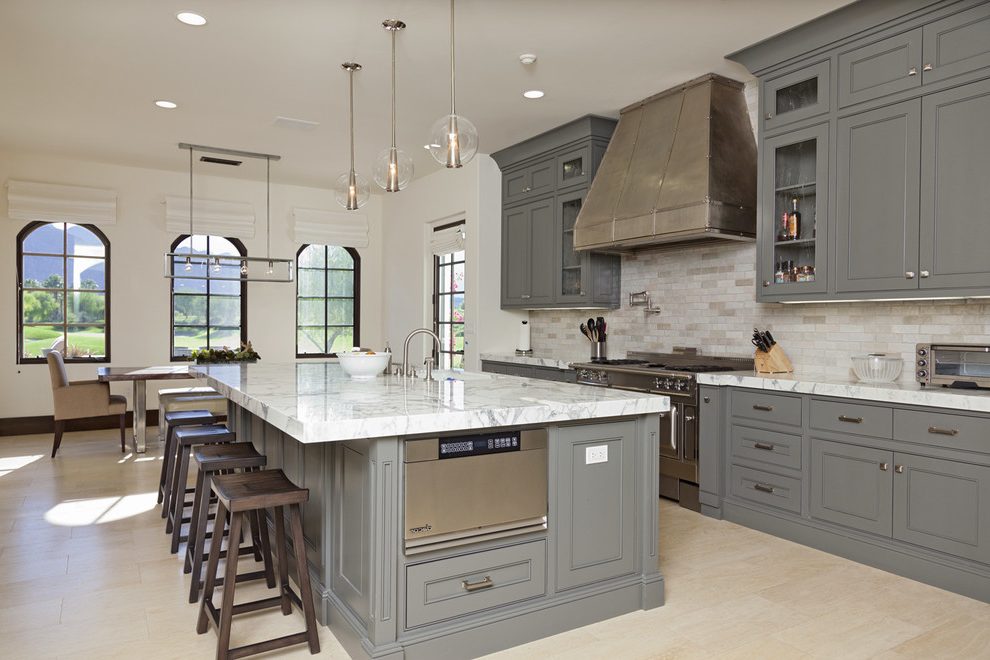




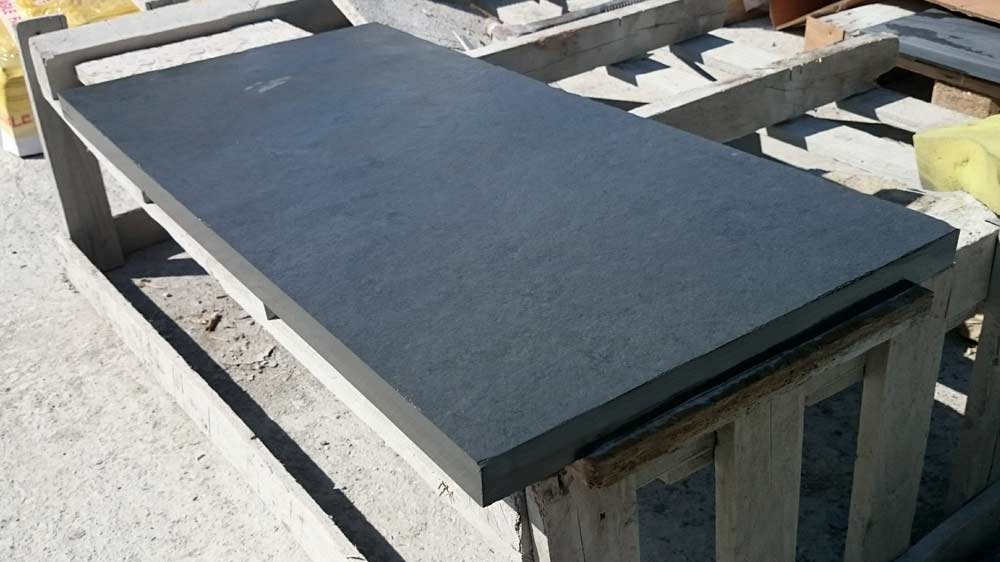



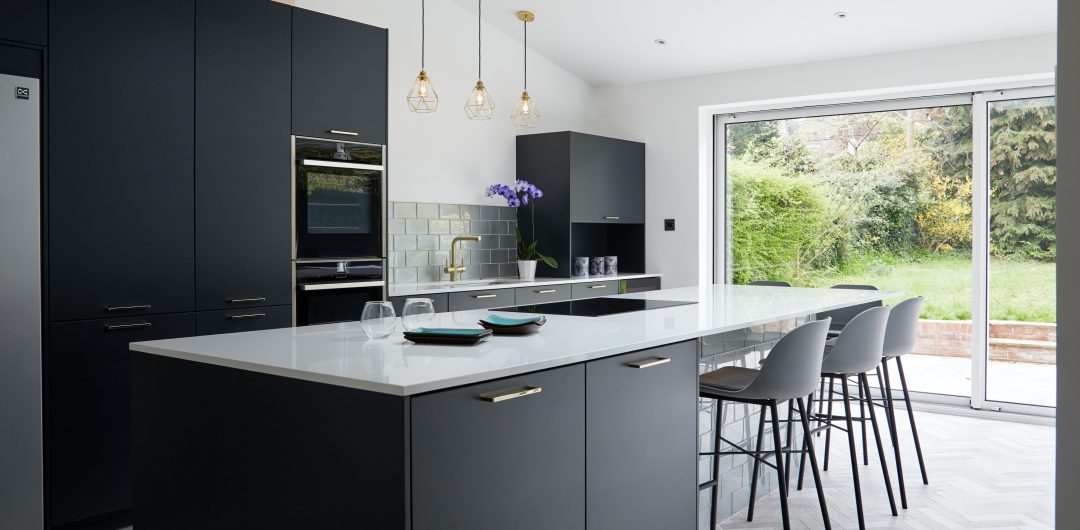



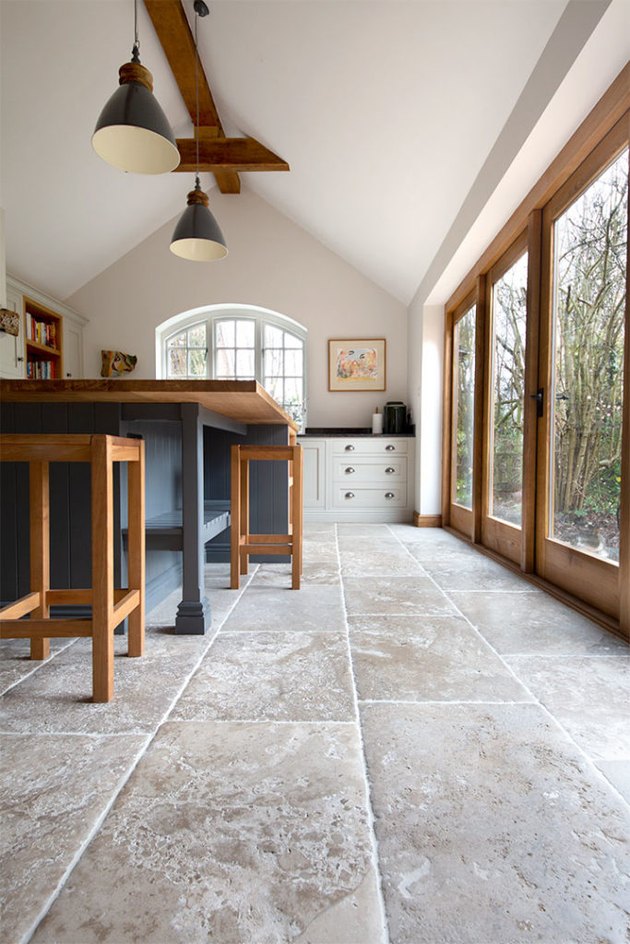

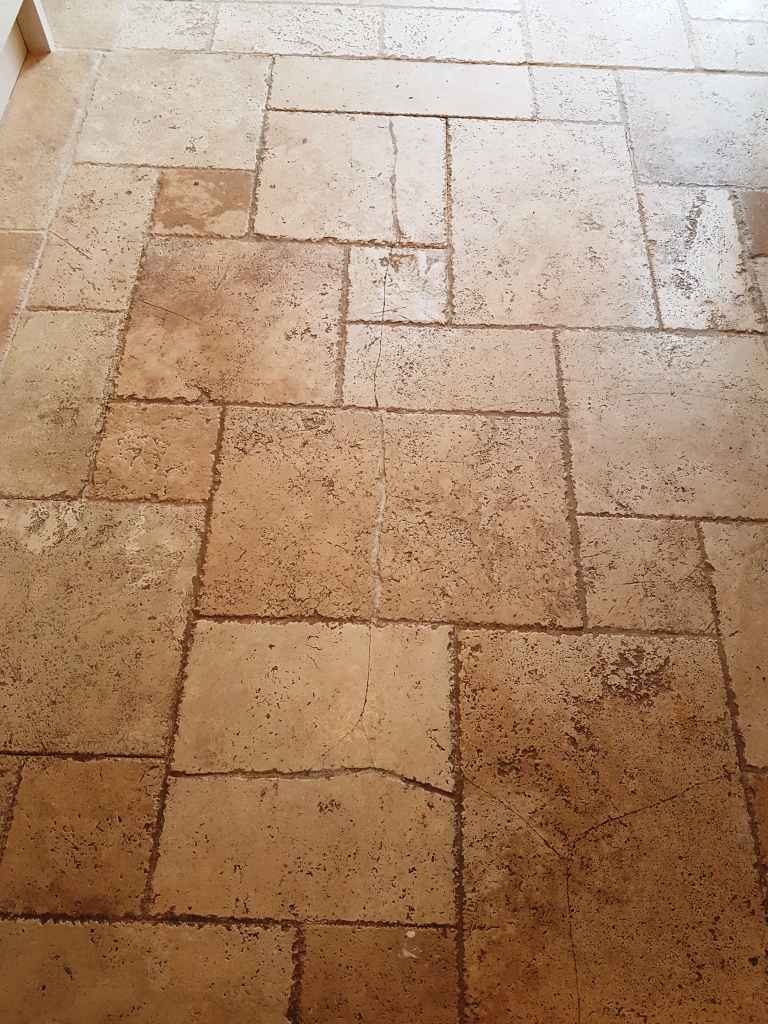

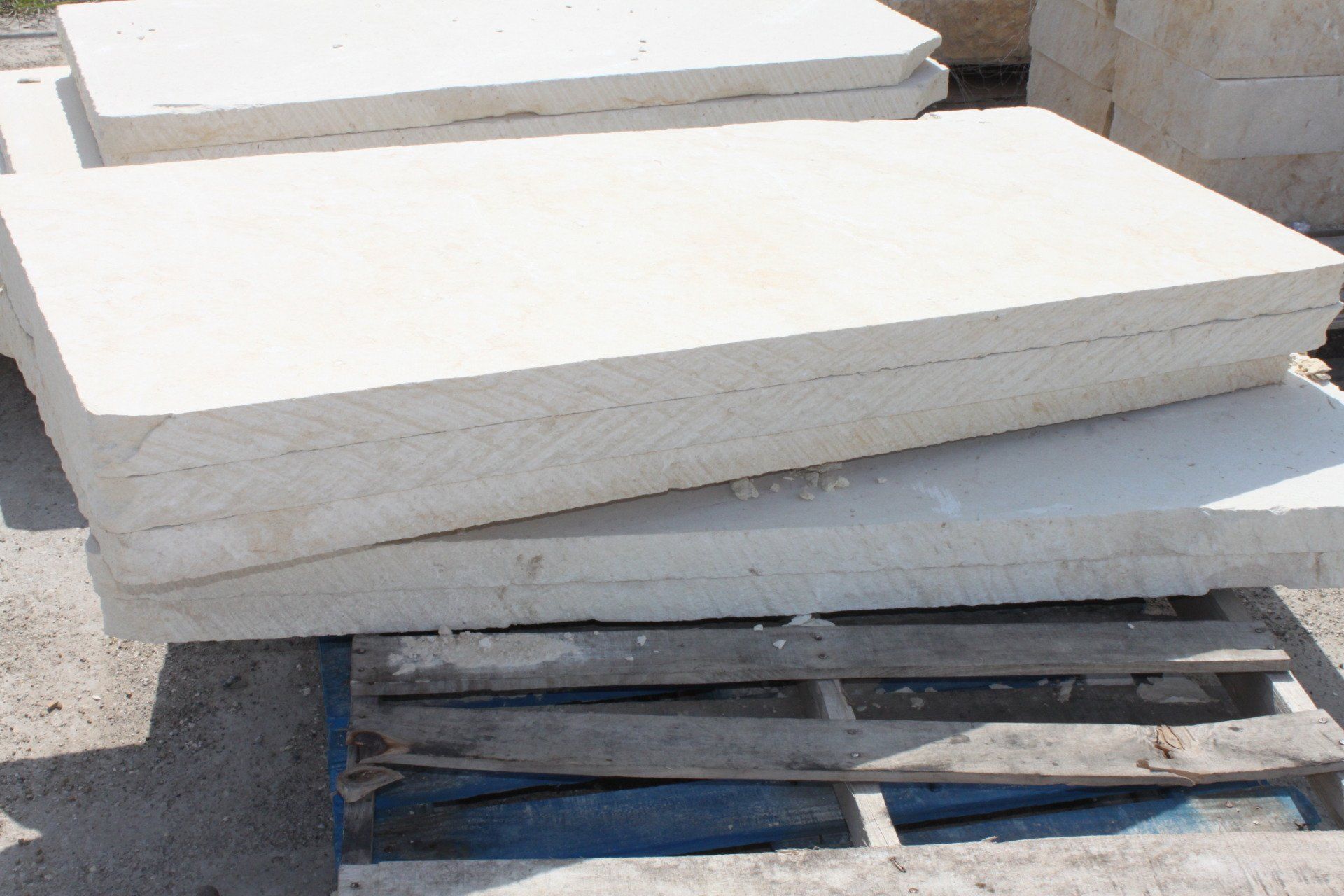


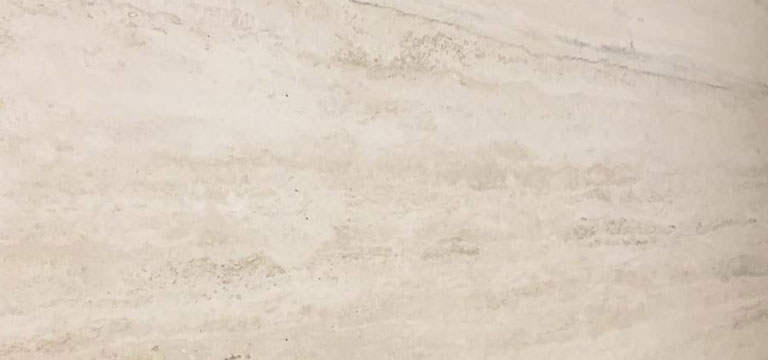







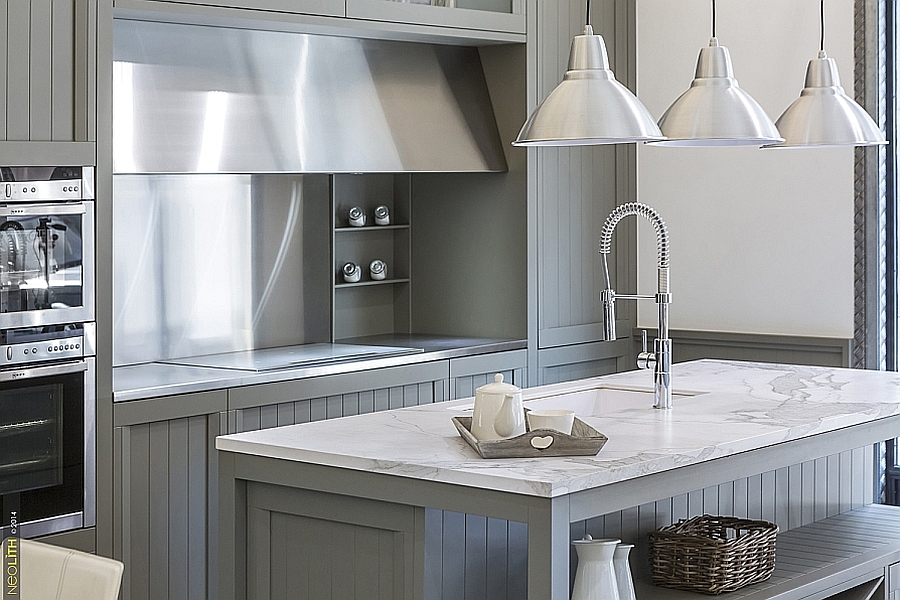

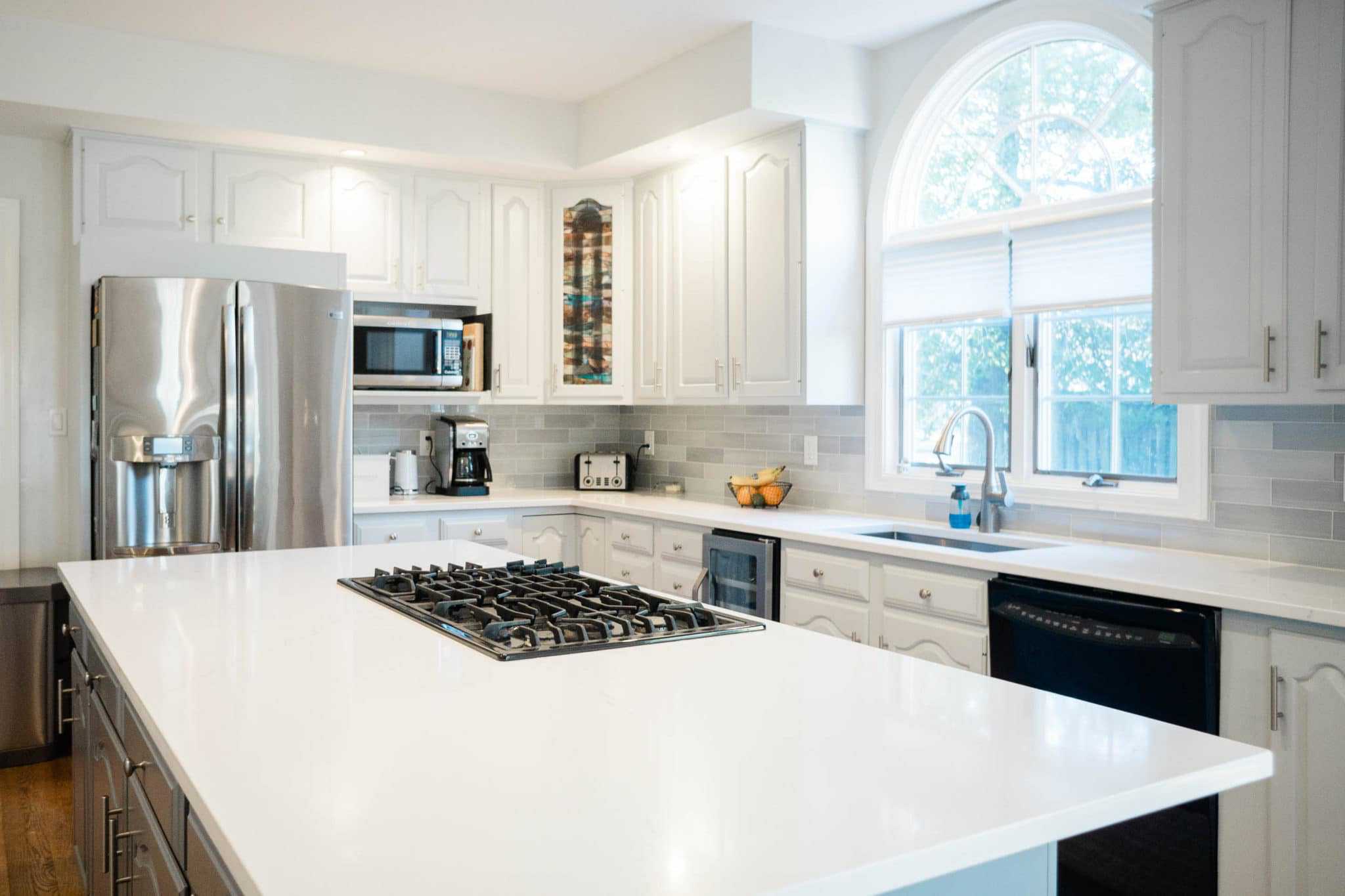


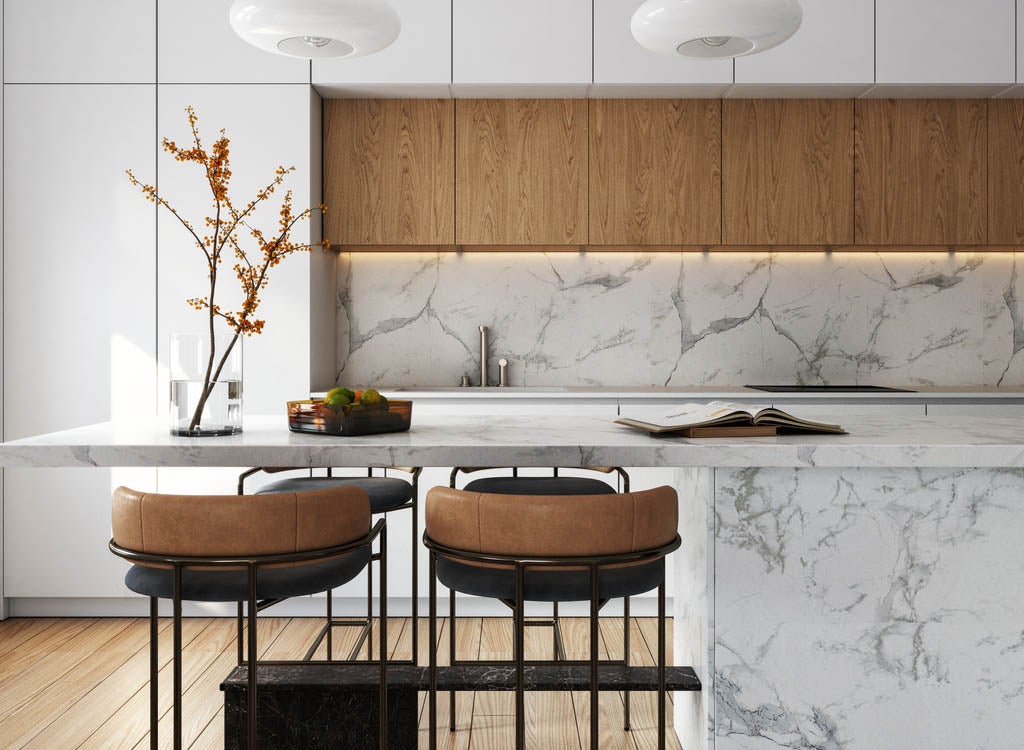

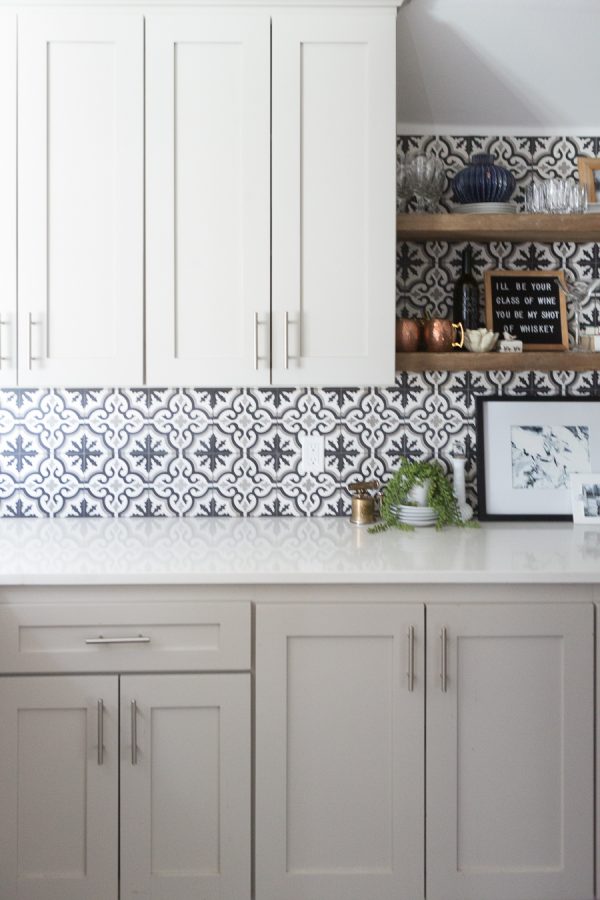






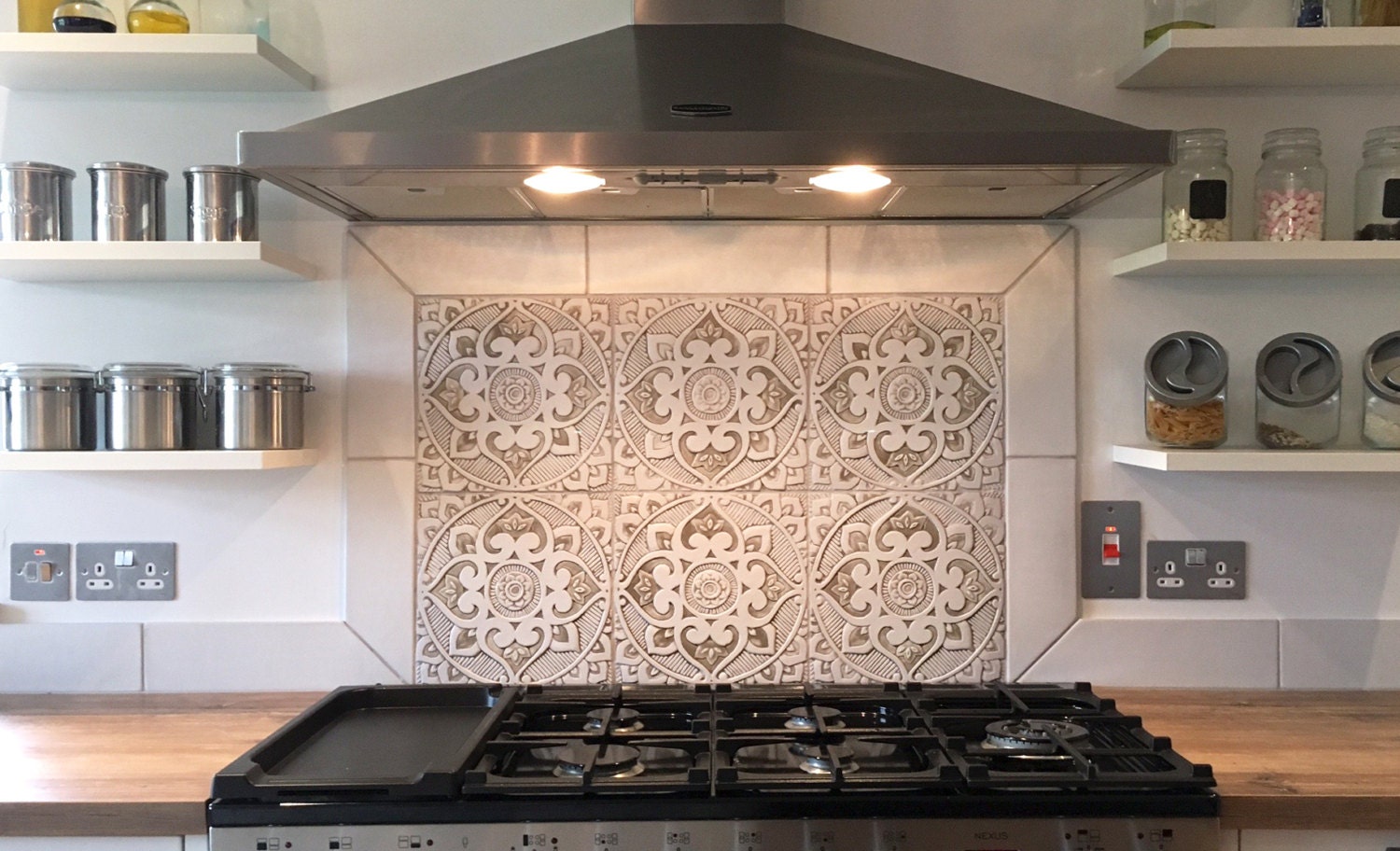






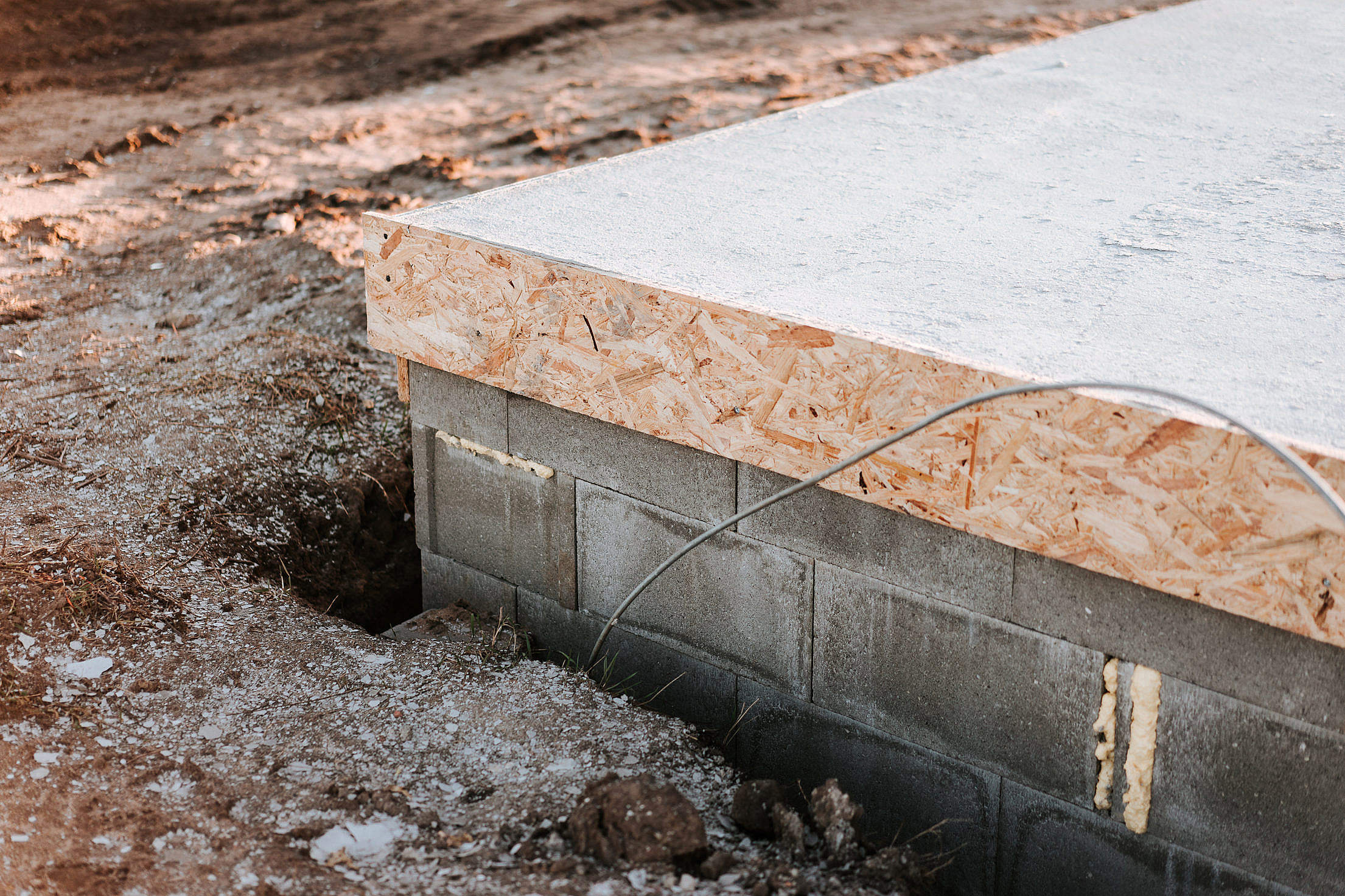

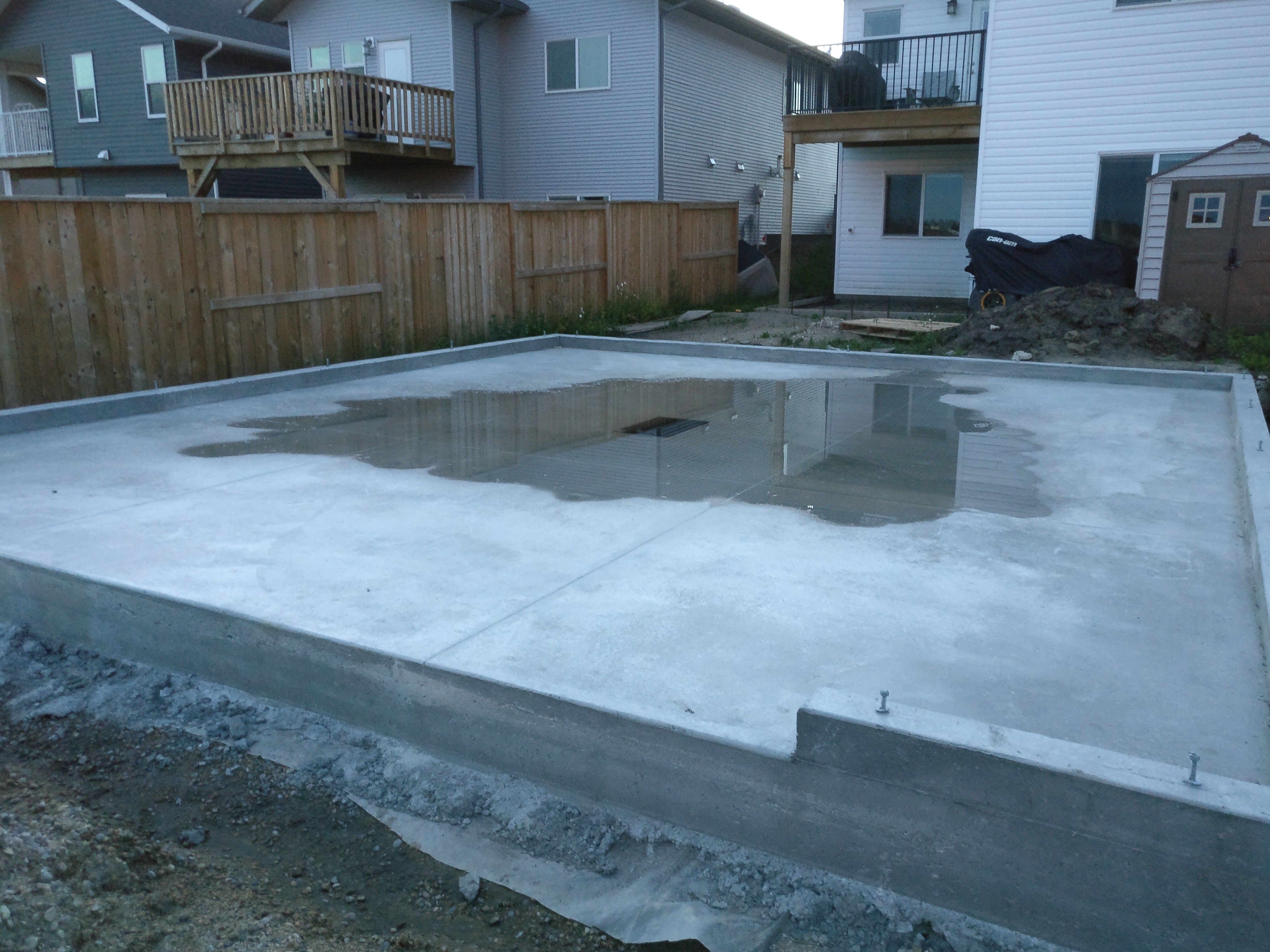





:max_bytes(150000):strip_icc()/Modern-Gray-Living-Room-Fully-Interiors-586fc33e5f9b584db3125eeb.png)

